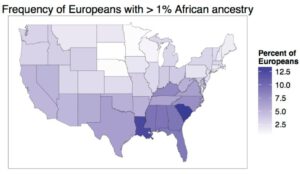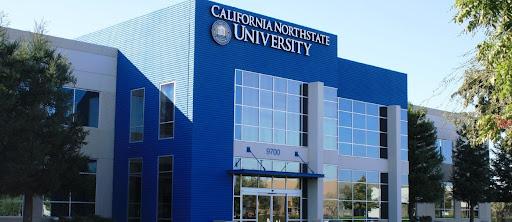Your DNA is both a recipe for life, and a record of it – a thread that links your story to the human story.
As part of 23andMe’s program for Educators, we’ll be hosting a webinar looking at research done by Kasia Bryc, a senior scientist and population geneticist at 23andMe.
Kasia and her colleagues developed the first of its kind genetic portrait of the United States that illustrated some of the complex cultural and social history of America.
As part of the webinar
“History in Your DNA: The Complex Genetic Portrait of the US,” Kasia will spend about half an hour talking about her work and reserve another 30 minutes for questions from participants. The hour-long webinar is not just for educators and undergraduate and graduate students, but also life-long learners interested in the role genetics can play in illuminating what we know about history, anthropology and sociology.
When: 11 am to noon PST on Thursday, April 21
Who: Undergraduate and graduate level students and educators as well as others with prior knowledge or interest in genetic ancestry and the socio-political history of the United States.
Where: Go Here.
Highlights: Learn more about inheritance patterns, genetic admixture and the relationship between self-identified ancestry and genetic ancestry.
Kasia’s groundbreaking work went beyond just using DNA to understand large-scale patterns of human evolution and migration, and focused on more recent human history in the United States.
Her study detailed how the ancestry make-up of self-identified African Americans, Latinos and European Americans differs by region. Many of these differences reflect some of the distinctive socio-political history and migration patterns in different parts of the United States.
It’s a fascinating look at how DNA can uncover some of the historical underpinnings of regional differences in the US.
The webinar will allow students, educators and those interested in life-long learning a chance to dive deeper into the history hidden in our DNA and how genetic ancestry can inform social science and humanities instruction.



